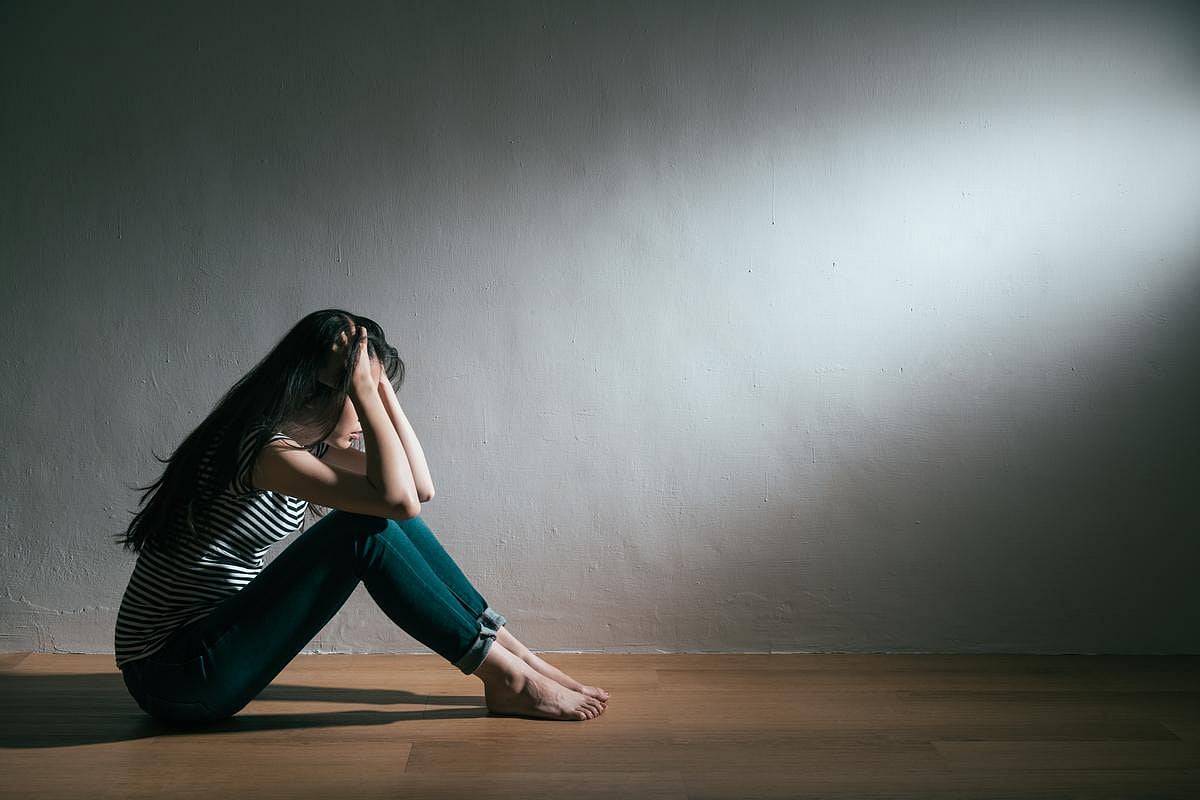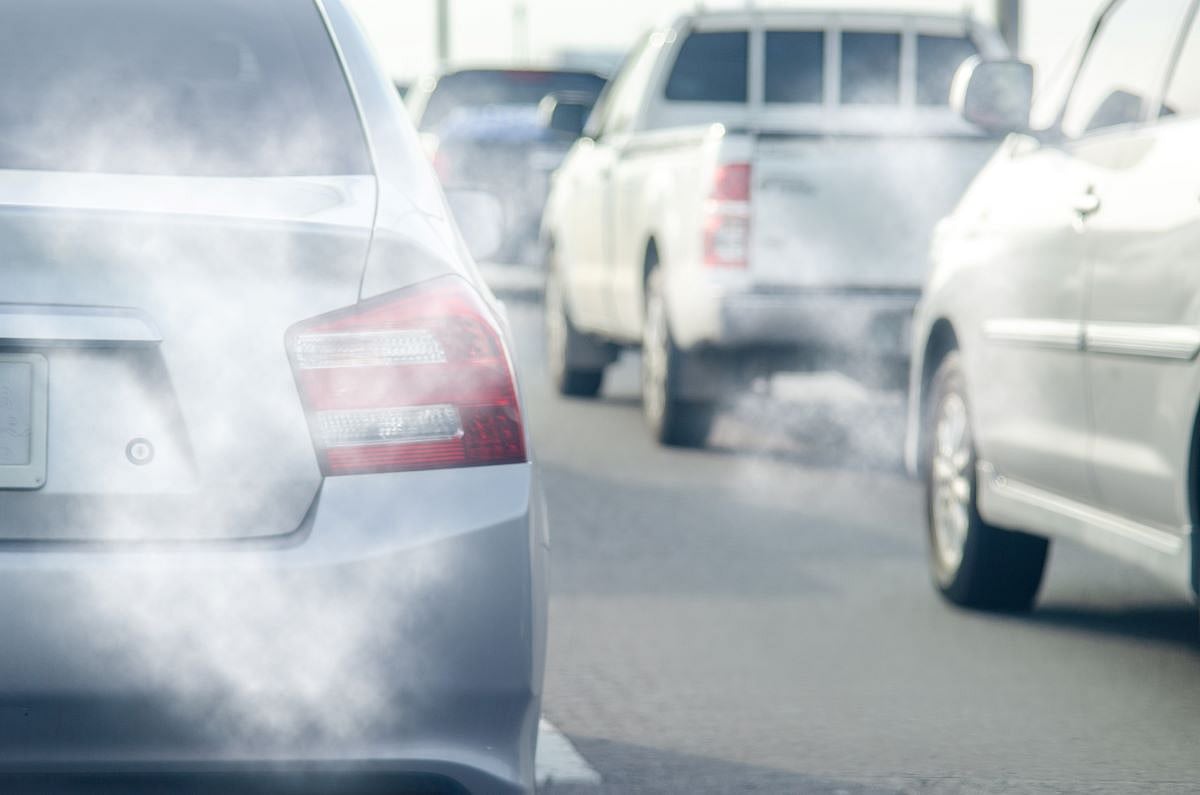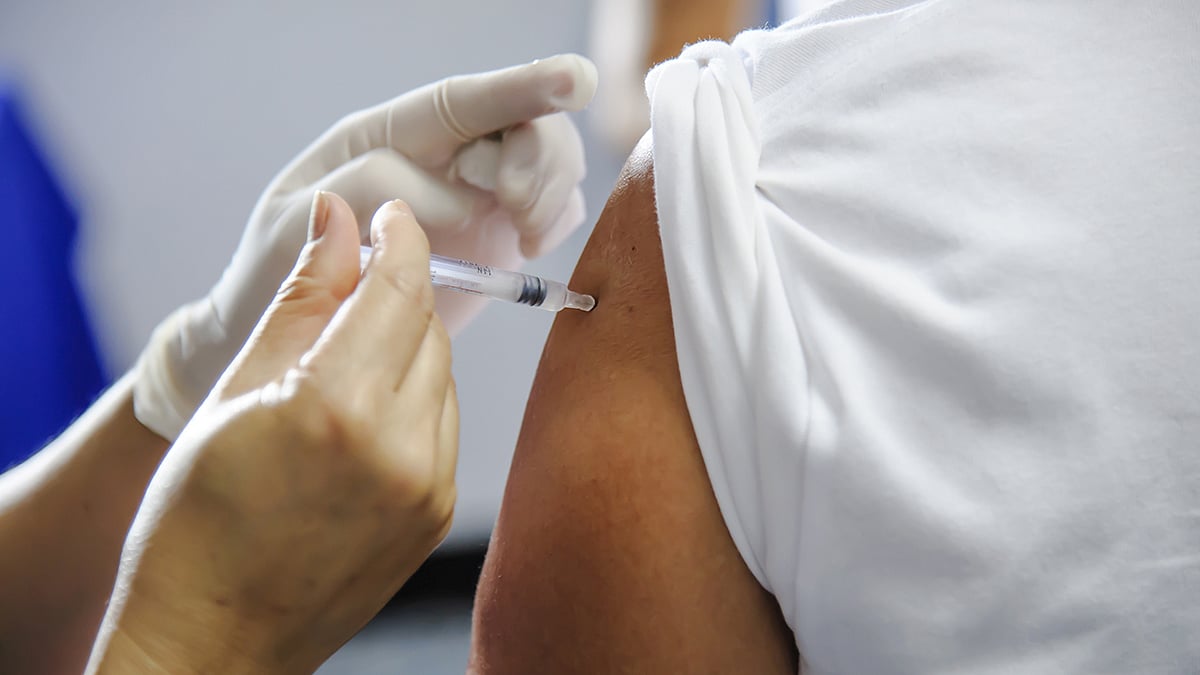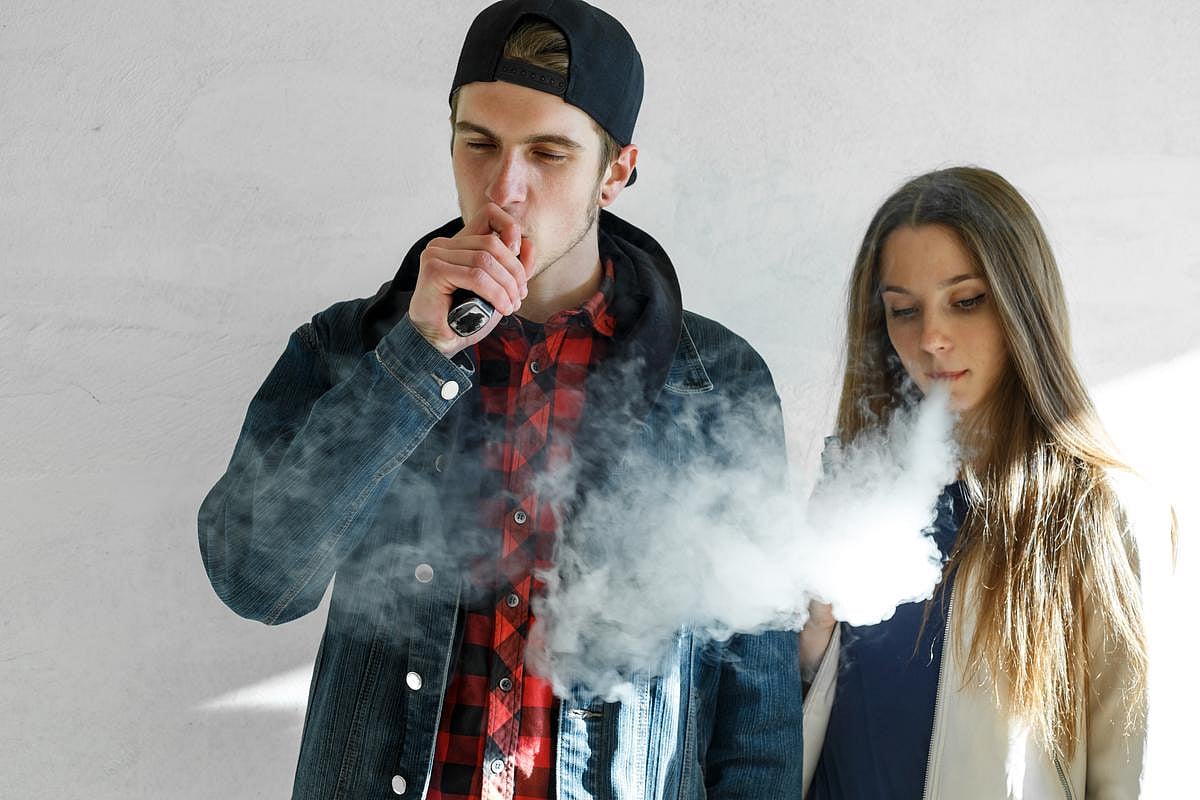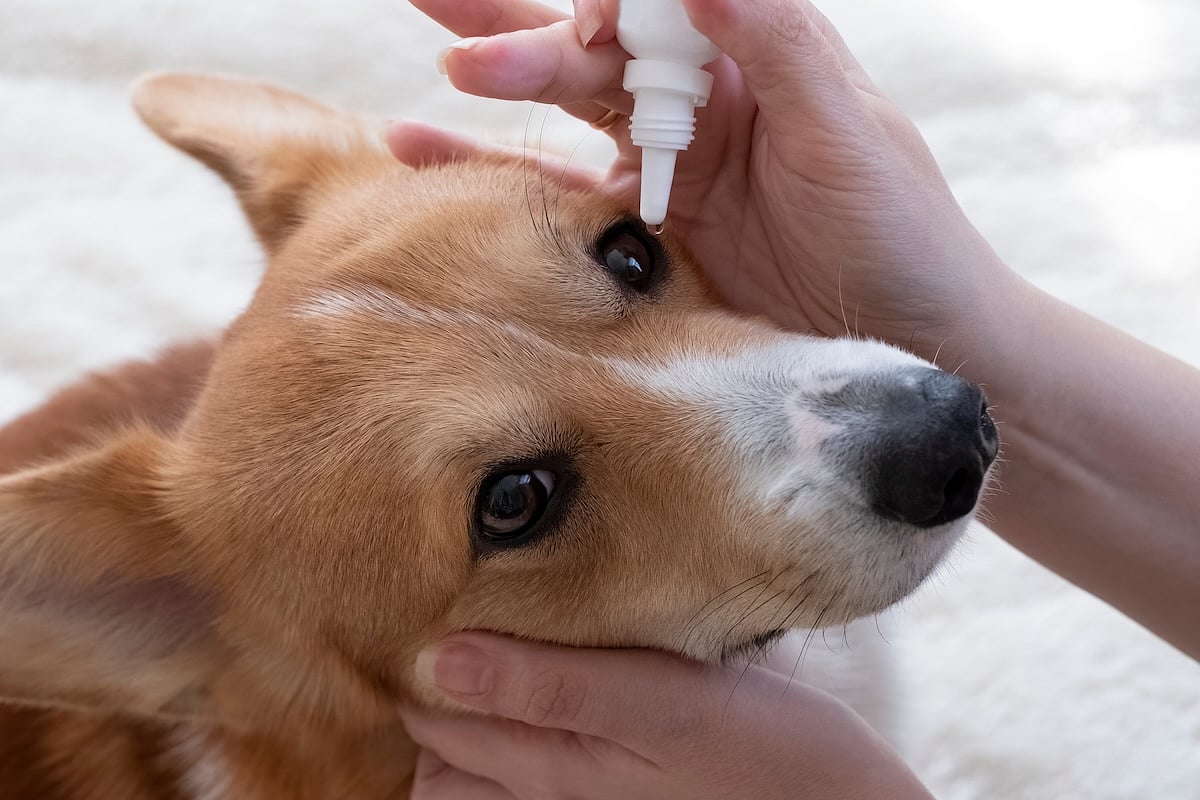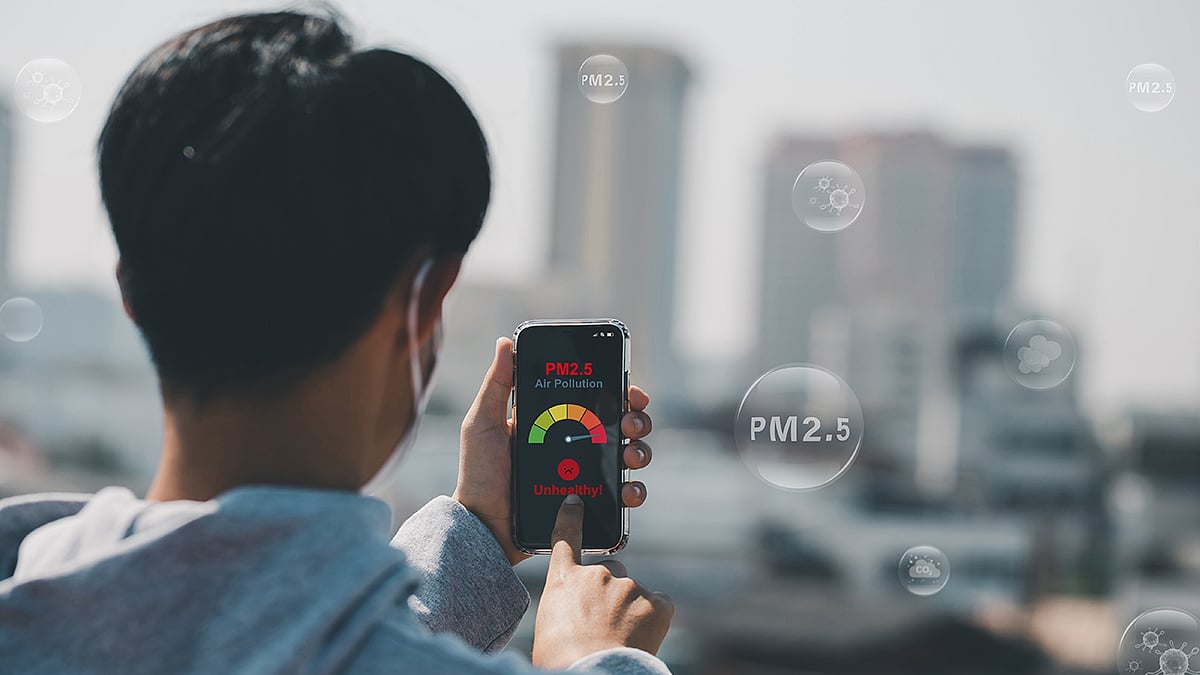
Breathing the air in nearly half of the United States could be putting your health at risk. A new American Lung Association report shows that 156 million people live in areas with unhealthy air. The group’s annual “State of the Air” report found that smog and soot pollution are getting worse, not better. The report… read on > read on >












